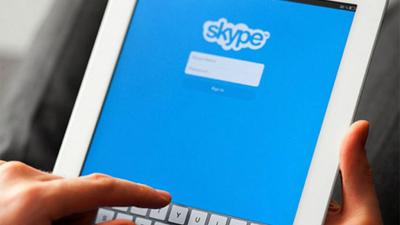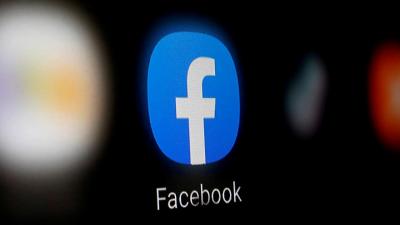 Bangladesh Telecommunication Company Ltd (BTCL) is counting losses as its number of subscribers for fixed telephones has come down by 400,000 in the last nine years.
Bangladesh Telecommunication Company Ltd (BTCL) is counting losses as its number of subscribers for fixed telephones has come down by 400,000 in the last nine years.
The state-owned telco is now opting to provide high-speed data service at lower cost to turn profitable.
In 2009, the BTCL’s subscriber-base was over a million, which now stands at some 600,000. In the era of mobile phones, house-hold users are now reluctant to use landline services.
Unpaid bills have forced the BTCL to terminate connections as well a large number of subscribers across the country have surrendered their connections while the number applications for new connections are meager.
BTCL has been lagging behind private telephone operators and its revenue is shrinking as well and it’s impossible for BTCL to survive only by providing traditional services through fixed phone.
BTCL does provide internets services, but its subscriber base is astonishingly low — only 18,699.
Providing high-speed data service for mobile operators is costly, but a fixed phone operator like BTCL can do so at lower costs through the optical fibre network.
“In ten years, there will be no such thing as voice calls. BTCL has to change itself to compete. I have instructed them to focus on data service,” Telecoms and ICT Minister Mustafa Jabbar told Bangla Tribune.
According to him, the BTCL’s has the infrastructure, but it’s not updated. “However, its data strength will be boosted significantly, once the MOTN project its implementing completes.”
Voice calls have dropped by 25 percent after Bangladesh rolled out 4G mobile network, Jabbar said.
“We do not want the BTCL to be just a telephone operator. It needs to cut its dependency of fixed phones and focus on internet services,” said the telecoms minister.
With the view to competing with mobile operators and making its service more modern, the BTCL took up the project in 2014, which got the government’s nod last year.
Once the project is complete in June 2020, BTCL will be able to offer low-cost and high-speed internet connectivity through its infrastructure now used for land phones. At present, customers enjoy the services through mobile phones. The existing BTCL network can currently offer only the voice service, with its video and data service quality falling way short of modern standards.
At present, customers enjoy the services through mobile phones. The existing BTCL network can currently offer only the voice service, with its video and data service quality falling way short of modern standards.
Under the project, three internet protocol multimedia sub-system platforms with the capacity of 1.6 million connections would be installed, while the copper cables would be replaced by 2,367 km of fibre optic cable.
Some 793 km of new copper cable would also be installed from transmission.
The platforms will be established in Dhaka, Chittagong and Khulna, from which telecom services will be made available in all divisions, districts and upazilas.
Eight backbone equipments, each with the capacity of 100 gbps, will be installed under the project.
Moreover, a central monitoring system would also be installed for 24-hour telephone connection, network operation and maintenance. Video call, video conferencing and different types of modern services based on broadband internet can be provided through land phones.
 Tech
Tech
41420 hour(s) 51 minute(s) ago ;
Afternoon 03:45 ; Tuesday ; Jul 08, 2025
BTCL focuses on data services to turn profitable
Send
Hitlar A Halim
Published : 07:45, Sep 02, 2018 | Updated : 18:00, Sep 07, 2018
Published : 07:45, Sep 02, 2018 | Updated : 18:00, Sep 07, 2018
0 ...0 ...
/zmi/
Topics: Top StoriesExclusive
- KOICA donates medical supplies to BSMMU
- 5 more flights to take back British nationals to London
- Covid19: Rajarbagh, Mohammadpur worst affected
- Momen joins UN solidarity song over COVID-19 combat
- Covid-19: OIC to hold special meeting
- WFP begins food distribution in Cox’s Bazar
- WFP begins food distribution in Cox’s Bazar
- 290 return home to Australia
- Third charter flight for US citizens to return home
- Dhaka proposes to postpone D8 Summit
Unauthorized use of news, image, information, etc published by Bangla Tribune is punishable by copyright law. Appropriate legal steps will be taken by the management against any person or body that infringes those laws.
Bangla Tribune is one of the most revered online newspapers in Bangladesh, due to its reputation of neutral coverage and incisive analysis.
F R Tower, 8/C Panthapath, Shukrabad, Dhaka-1207 | Phone: 58151324; 58151326, Fax: 58151329 | Mob: 01730794527, 01730794528






